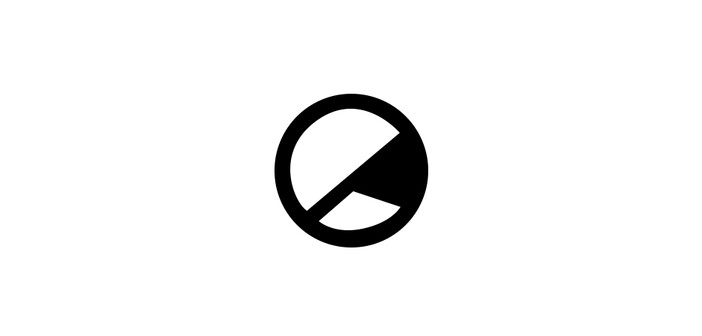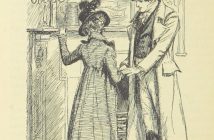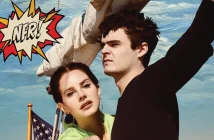It was announced earlier this week that the BBC Trust have formally approved proposals to close down BBC Three as a broadcasting channel and move it online in March 2016 – meaning that despite many heated petitions and protests, the decision to has now been finalised to remove BBC Three from television.
Chair of the BBC Trust’s Services Committee, Suzanna Taverne said: “The decision to close a TV channel is a difficult one, and one we have not taken lightly…The BBC must adapt with its audiences; the evidence is very clear that younger audiences are watching more online and less linear TV.”
She continued: “The plans enable the BBC to deliver more distinctive content online, while bearing down on costs; to address concerns about the impact of moving BBC Three online, we have set new requirements for programmes for younger audiences on BBC One and Two.”
The trust has imposed various conditions relating to the move. These include:
- All BBC Three long-form content will be transmitted on slots on BBC One and BBC Two on an on-going basis as soon as BBC Three closes on TV
- BBC Three long-form content will be made available on both BBC One and BBC Two at a variety of times across the schedule and throughout the UK
- A commitment to providing risk-taking space being incorporated in the service licences of BBC One and BBC Two
- A commitment to programmes targeted at younger audiences will be incorporated in the service licences of BBC One and BBC Two
- The online channel should have the same accessibility standards as linear television wherever practicable
However, there is a glaring problem with the provisions that will allow the BBC access to move the majority of content online. Just what exactly defines ‘long-form’ content? Well the answer is, unfortunately, unknown. This could relate to longer shows such as hour-long documentaries or long-running content such as BBC Three favourites like Family Guy, American Dad and Russell Howard’s Good News. The problem remains, however, that the BBC haven’t made a publically recognisable distinction and so, instead, they have manoeuvring room to argue for the majority of content to be moved online.
Realistically, this shouldn’t be that much of a problem. Amazon Prime, Netflix and Now TV are all online streaming facilities that thrive and have led to high levels of streaming now known as binge-watching. The problem? These streaming services rely on high quality television programmes that already have a following and then build off of original content.
This is something BBC Three lacks. While this may be the reasoning for moving the content online, BBC Three is mainly made up of easy-viewing TV shows such as Don’t Tell The Bride, Josh and Rent a Cop. This kind of content doesn’t have enough of a dedicated fan basis to merit online streaming. So, instead, moving this content online will inevitably kill off this kind of easy viewing which was perfect for channel surfers and early evening viewing.
Furthermore, the one-off documentaries that make BBC Three ground-breaking – Three is arguably the only truly innovative channel that the BBC owns – will be lost in the foray online. Popular documentaries such as Professor Green: Suicide and Me, Reggie Yates’ Extreme Russia and Stacey Dooley Investigates the World’s Worst Place to be a Woman that are so easily advertised through TV will not have the same reach online. These shows appeal to a particular audience – one that requires a considerate, conscientious viewer who is concerned with the problems of the world. Unfortunately, when you can stream Daredevil, Mr. Robot and Outlander online – not to mention the back catalogue of Louis Theroux – why would you want to settle down for a night of lesser known hosts on issues that may be too tough to deal with when you only have an hour to kill on your laptop?
When over 750 stars including Jack Whitehall, Daniel Radcliffe, Olivia Colman, Rob Brydon and Steve Coogan pledged their support to BBC Three in an open letter, urging the BBC Trust to reject the proposals to move content online, why are BBC still following this move?
A poll of over 30,000 Digital Spy readers found that an overwhelming majority of 87% opposed the axe and I am in agreement. BBC Three content simply doesn’t work as an online streaming system, and until it can produce an American Horror Story, Vikings or Sons of Anarchy, the BBC need to keeps its Channel Three content firmly on TV and accept that the content is easy viewing and suited to a specific audience – one that isn’t dedicated enough to follow it online.
Below is a video starring Stacey Dooley, in which she states that the BBC is producing “thought-provoking” content, so why move it online and into obscurity when you can’t compete with other online streaming services? BBC you need to have a little audience awareness.




